Weekend Pick for April 28, 2023
Looking for something to read?
Check out our weekly suggestions!
Are your students looking for book recommendations?
Send them to browse through the picks for this or past years.
For the picks from 2022 click here
For the picks from 2021 click here
For the picks from 2020 click here.
For older picks click from 2019 click here.
For the even older picks click here.
Check out our weekly suggestions!
Are your students looking for book recommendations?
Send them to browse through the picks for this or past years.
For the picks from 2022 click here
For the picks from 2021 click here
For the picks from 2020 click here.
For older picks click from 2019 click here.
For the even older picks click here.
Katie Russle and Cindi Koudelka are here to offer a new read for the weekend. This time they present Crystal Simone Smith's Dark Testament.
Thank you, Cindi Koudelka and Katie Russell for your suggestions of the Weekend Picks in April!
Thank you, Cindi Koudelka and Katie Russell for your suggestions of the Weekend Picks in April!
| One of our students’ favorite activities is to create blackout poems in which they would take an original piece of text and “blackout” certain words or phrases to create a poem with a whole new theme or perspective on the existing theme. Crystal Simone Smith takes that to a whole new level in her book, Dark Testament. Not only does she create a poem, but she has transformed an entire book to create a set of poetry that examines the ugly truth of violence against black and brown people. |
| While simultaneously reading George Saunders’s Lincoln in the Bardo and watching the outcry and outrage over George Floyd’s death as it unfolded in the media, she found a profound connection within a parent’s grief when losing a child—from Saunders’ exploration of Abraham Lincoln’s loss of his son to the sorrow of Black mothers who have lost their children to racial violence. This kinship brought about her intentional use of the blackout poetry form to examine her own fears and sense of endangerment juxtaposed with her ruminations about the number of Black children taken unjustly and being left in this “bardo” state—an idea from Tibetan Buddhism that refers to a transitional state between death and the next rebirth. |
The power of this book lies in the power of words. In today’s world, where words are spilled so thoughtlessly, her careful curation of Sauder’s words creates a powerful new narrative that digs into the rotten underbelly and exposes the wounds caused by hate, racism, and violence that can only be healed through words grounded in love. The poems are strengthened by her interview with Saunders at the end in which they have a frank and beautiful conversation about grief and humanity.
Despite the sensitive nature of the topics, her poetry can provide some starting points for discussion with older students who are studying topics such as Civil Rights, protest language, oppression, genocide, or current events. Her work can be used as a mentor text demonstrating how blackout poems can be used for either narrative or argumentative purposes. No matter whether you choose to share this with students or inhale her poignant words for your own heart, this is a must read.
In the spirit of literacy and hope,
Happy reading!
Cindi and Katie
Happy reading!
Cindi and Katie
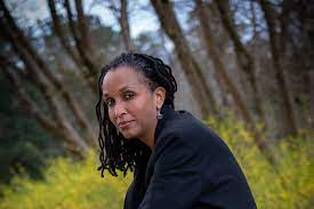
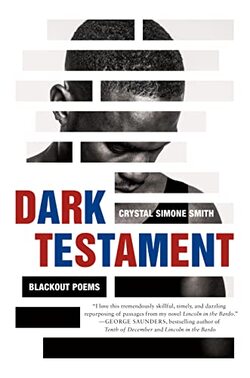

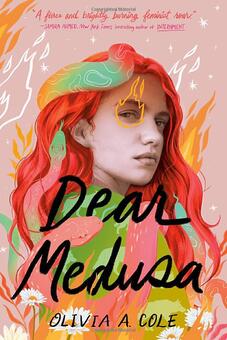

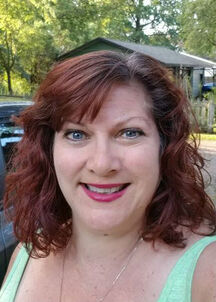
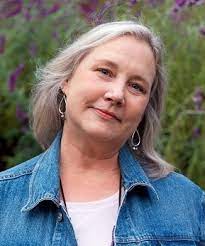
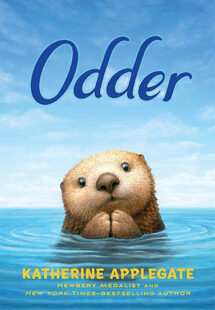
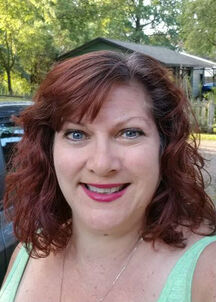


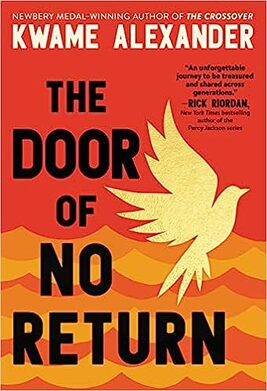
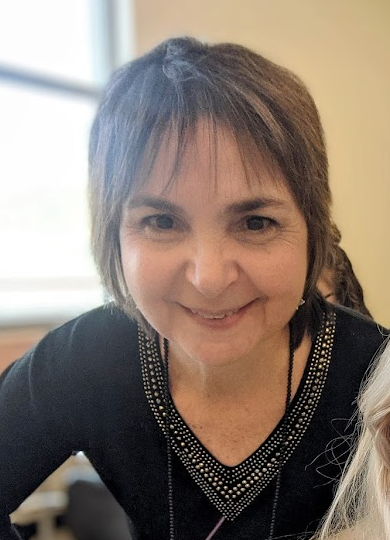

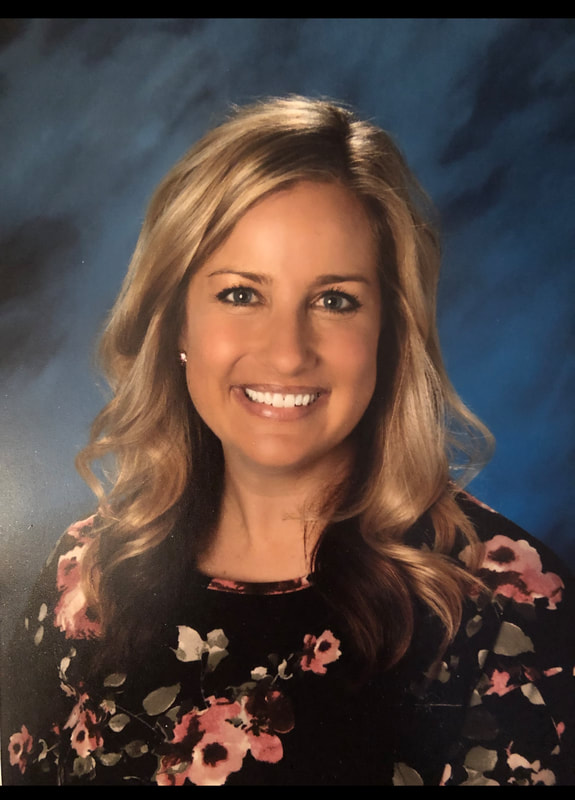
 RSS Feed
RSS Feed